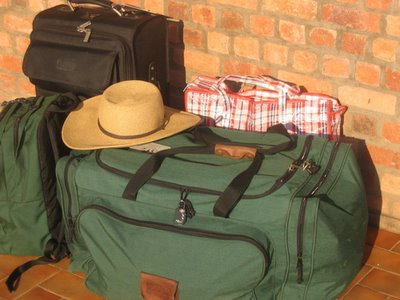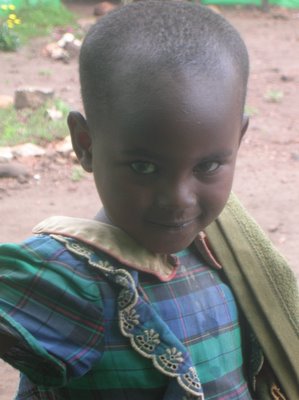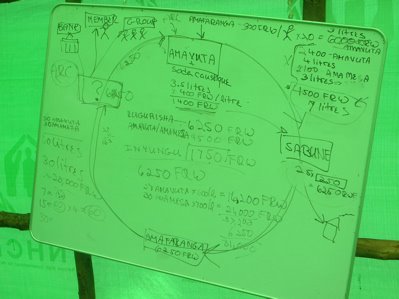
It is hard to believe but we have arrived at the halfway point of this particular marathon and the water stop up ahead looks like London. I will be spending ten days there reconnecting with my family before returning back to Rwanda on March 6 for the second half of the journey.
I leave here with a heightened awareness of the elements of privilege and good fortune that allow me to travel freely and at will. I am most grateful for all of that, and committed to using it well.
See you soon.








